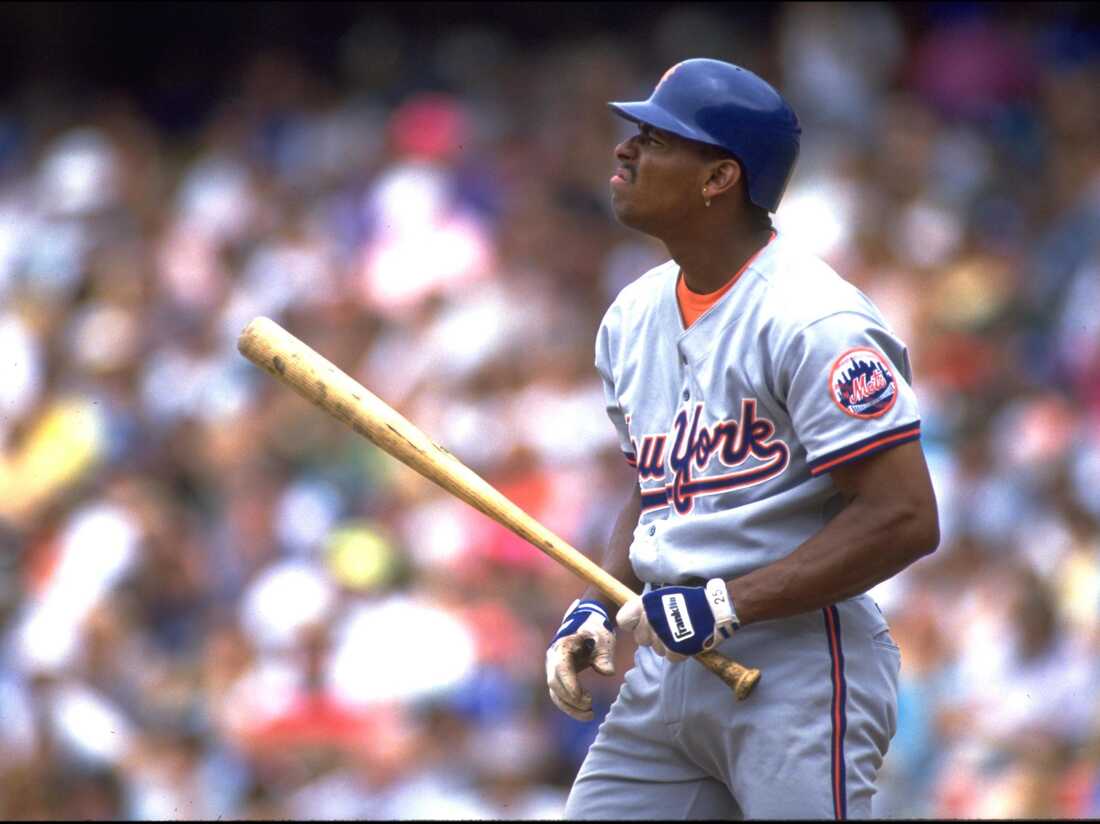The All-Star MLB Athlete with Annual Million-Dollar Payouts
Every year, the first of July marks a unique occasion in the annals of Major League Baseball (MLB), affectionately dubbed ‘Bobby Bonilla Day’. This event stands as a testament to one of the most unusual agreements in the sports industry. Bobby Bonilla, a former all-star athlete who retired from the sport in 2001, has received a check for $1.19 million from the New York Mets annually since 2011. This curious arrangement hails from a 25-year-old decision to defer Bonilla’s due payment of $5.9 million.
When the Mets decided to let go of Bonilla after the 1999 season, they chose a unique option to postpone his due payment, with an included 8% interest rate. Thanks to this arrangement, Bonilla receives a yearly remittance of $1,193,248.20 each July 1 from 2011 to 2035, cumulating nearly $30 million. Bonilla once humorously remarked, ‘It’s even bigger than my birthday,’ highlighting the significance of this annual financial inflow.
During the days leading up to Bobby Bonilla Day, and even a few days after, Bonilla receives an influx of messages. The Day has gained considerable attention over the years and is celebrated with a certain fondness in MLB circles. The popularity stems not from deferral contracts, which are common in the sport but from the fact that Bonilla will continue to reap seven-figure checks until he’s well into his 70s.
Bonilla’s former agent, Dennis Gilbert, has been quoted saying, ‘There’ll be plenty of other deferred contracts,’ but he believed that it’s unlikely for another player to receive such extended payments into their old age. This distinctive feature of Bonilla’s contract has made ‘Bobby Bonilla Day’ a standout occasion in MLB history worth celebrating.
Before joining the Mets, Bonilla had signed a four-year, $23.3 million contract with the Marlins, and in 1997, he was instrumental in helping the team secure their first World Series victory. In 1998, he was traded to the Dodgers during the team’s notorious fire sale. Not long after, at the start of the 1999 season, Bonilla was traded again, this time to the Mets, who at the time were seeking a new right fielder.
Upon joining the Mets, the remaining two years and $11.65 million of Bonilla’s original contract were assumed by the team. However, things started to go downhill for Bonilla. At age 36, he was only able to play a total of 60 matches in the regular 1999 season, and his batting average dropped to an unfortunate .160.
Constant scorn from unhappy fans and persistent conflicts with team manager Bobby Valentine marked Bonilla’s time with the Mets. Limited playing opportunities resulted in a stint on the bench during the team’s postseason campaign. Against the backdrop of low performance, it wasn’t surprising when the Mets decided to release Bonilla after the 1999 season.
Despite severing ties with Bonilla, the Mets still had a $5.9 million obligation to him for the 2000 period. Attempting a resolution, the team collaborated with Bonilla’s representative, agreeing to defer the $5.9 million with an 8% interest. This resulted in annual payments of $1,193,248.20, beginning from 2011 till 2035, laying the groundwork for what is now known as ‘Bobby Bonilla Day’.
By 2035, the Mets’ final installment towards Bonilla’s deferred payment will be due, marking the end of an extraordinary agreement in professional sports. At this time, the six-time all-star, will be 72 years old, a remarkable age to receive such a substantial sum from his former team.
While the concept of ‘Bobby Bonilla Day’ has often been perceived as a humorous aside and an amusing opportunity to jest about the Mets’ financial decisions, the team under new ownership of Steve Cohen has decided to embrace the situation. Cohen, known for his jovial nature, even suggested hosting a ‘Bobby Bonilla Day’ celebration at Citi Field, featuring a giant commemorative check.
Bonilla’s impressive tenure in MLB spanned 16 seasons, from 1986 up until his retirement in 2001. During his career, Bonilla participated in a total of 2,113 games, earning an enviable record: 287 home runs, a .279 batting average, and an .829 on-base plus slugging percentage (OPS).
His classical era was during his time with the Pirates from 1987 to 1991, where he showcased impressive form, averaging 23 home runs and 97 runs batted in per year. His performance during that period led to four consecutive All-Star selections, three Silver Slugger awards, and near finishes as the National League (NL) MVP in 1990 and 1991.
Following his stint with the Pirates, Bonilla remained a formidable player. He earned All-Star status in 1993 and 1995 during his first stretch with the Mets, further highlighting his remarkable career.
Bobby Bonilla’s final professional appearance occurred on October 7, 2001. He played for the St. Louis Cardinals in a game against the Houston Astros, signaling the end of a memorable career that extended well beyond the baseball field and established him as an iconic figure in the sport.



